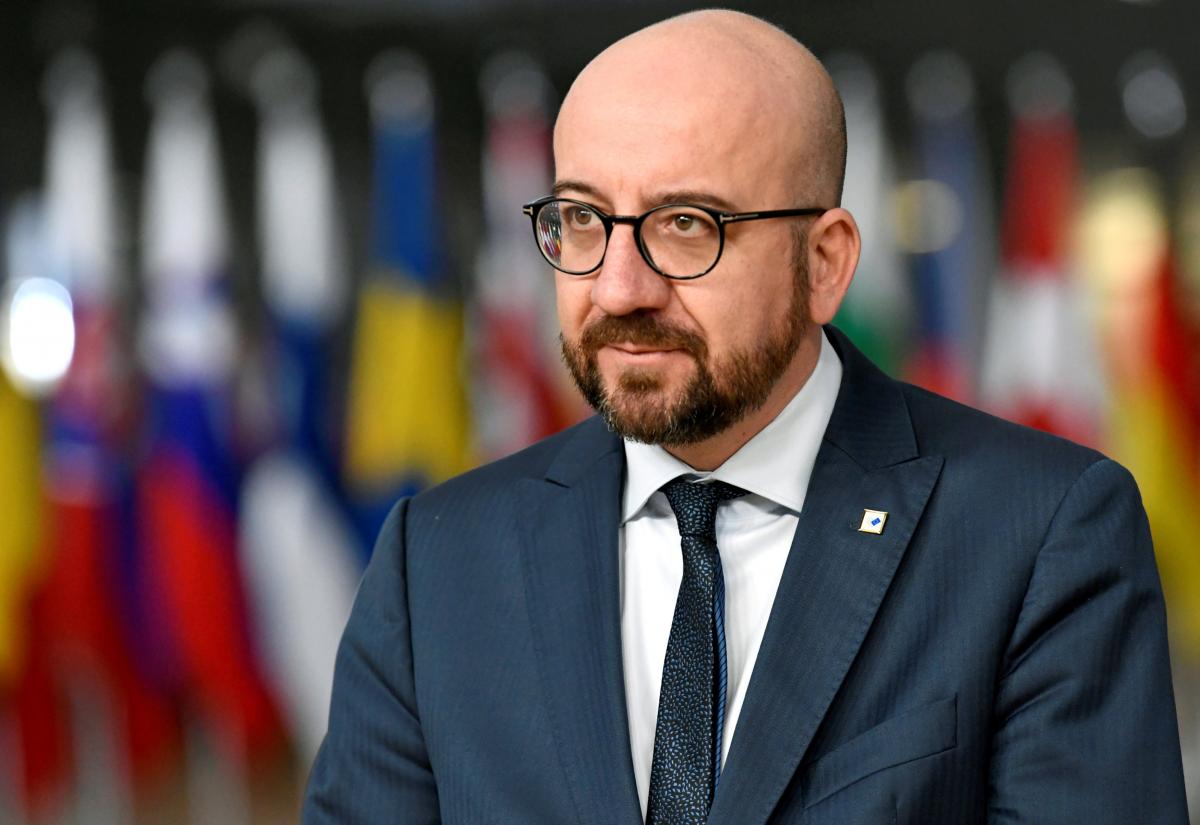
President of the European Council Charles Michel says the leadership of Belarus must reflect the will of the people.
"The people of Belarus have the right to determine their own future. To allow for this, violence has to stop and a peaceful and inclusive dialogue has to be launched. The leadership of Belarus must reflect the will of the people. There should be no outside interference," he said in a letter inviting leaders of the EU member states to join a video conference on Wednesday, August 19.
Read alsoLukashenko says ready to share powers, but "not under pressure"
According to him, during the event they will discuss how best to respond to the evolving situation in Belarus.
He says what one has witnessed in Belarus "is not acceptable."
"The 9 August elections were neither free nor fair. The subsequent violence against peaceful protesters was shocking and has to be condemned. Those responsible must be held to account," the letter said.
He also announced the EU had started work on sanctions against the Belarusian authorities.
Recent developments in Belarus in brief
- On August 9, presidential elections were held in Belarus.
- The country's Central Election Commission announced the final election results. In particular, 80.1% of voters supported incumbent President Alexander Lukashenko, 10.1% voted for Svetlana Tikhanovskaya, 1.67% for Anna Kanopatskaya, 1.2% for Andrey Dmitriev, and 1.14% for Sergei Cherechnya. Some 4.59% voted against all candidates.
- Thousands of residents of Belarus who disagreed with the results of the presidential elections in that country took to the streets to join protest rallies, which was followed by clashes with riot police.
- Belarus' Ministry of Internal Affairs said about 7,000 protesters had been detained in different cities since August 9. On the evening of August 13, the authorities started to release detainees.
- Lukashenko has repeatedly warned against meddling in Belarus' domestic affairs. He had phone calls with his Russian counterpart Vladimir Putin. As a result, the Kremlin assured it was ready to provide "assistance in solving the problems" in Belarus.
- On August 14, the European Union announced it did not recognize the outcome of the presidential elections in Belarus and said work had begun to introduce sanctions over electoral fraud and violence against protesters.

